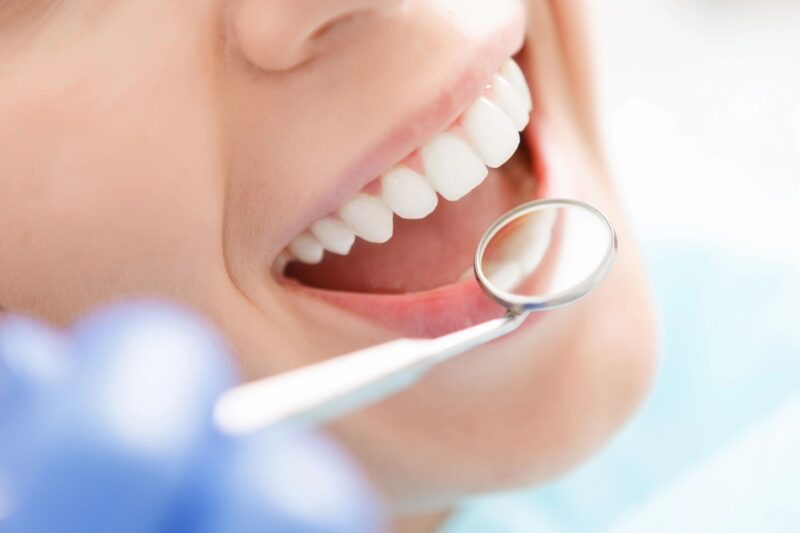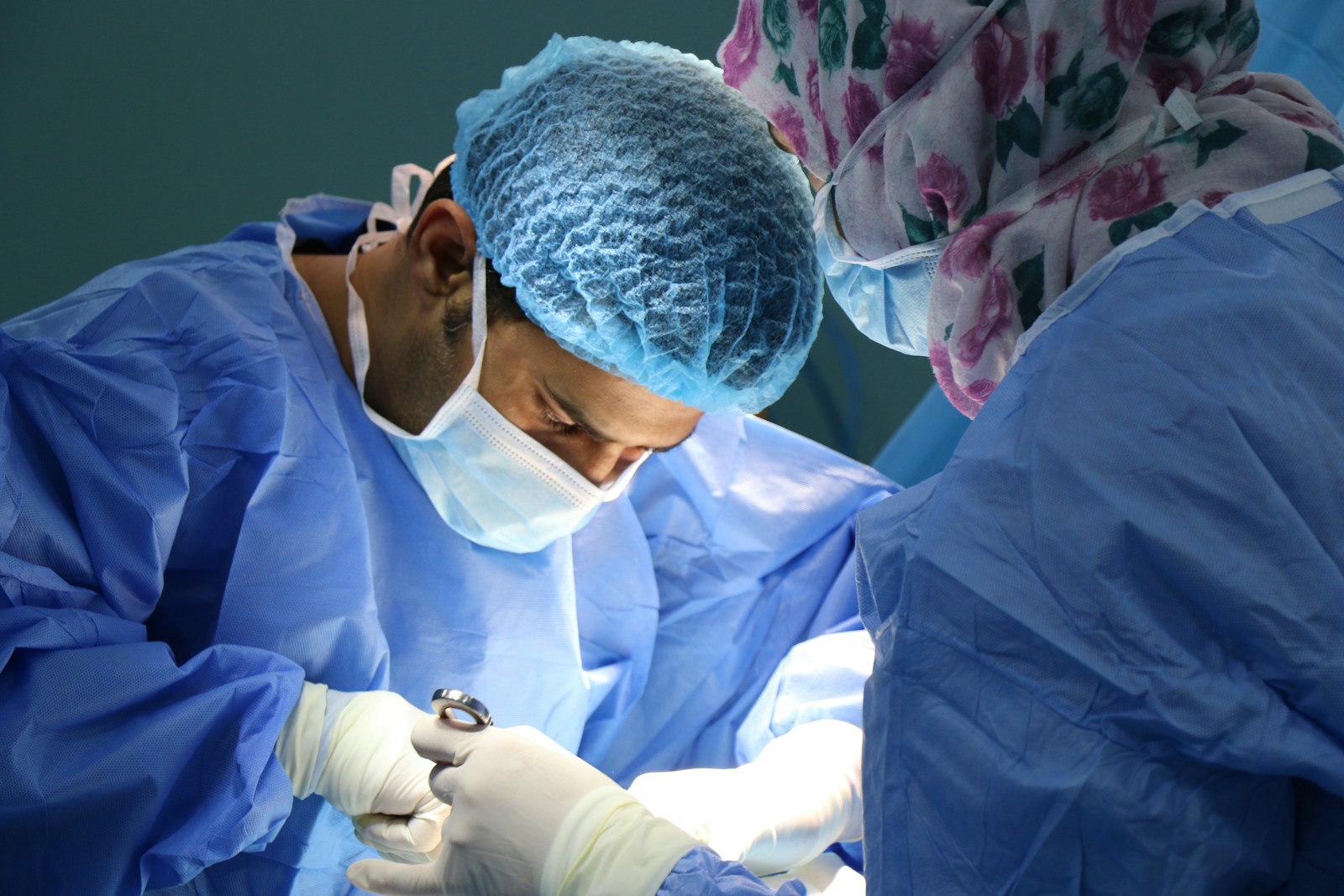For many people, getting their wisdom teeth is a rite of passage; however, as these third sets of molars start to erupt in the back of the mouth, it can also be a painful endeavor. And there are several reasons why this is the case. In some instances, wisdom teeth will come in at an angle or become impacted, meaning they get stuck under the gums to some extent. If this happens, these teeth can become susceptible to cavities and decay, both of which can cause a great deal of pain.

Beyond that, impacted or crooked wisdom teeth can lead to an increased risk of developing cardiovascular disease, according to the American Dental Association (ADA). For these reasons, many dentists will advise patients to have their wisdom teeth extracted. While we are on the topic, a separate study published by the American Association of Oral and Maxillofacial Surgeons revealed that an estimated 85 percent of third molars, otherwise known as wisdom teeth, have to be removed to forestall either physical or oral health problems.
When Do Most People Have Their Wisdom Teeth Removed?
According to an article published by the Mayo Clinic, a nonprofit academic medical center based in Rochester, MN, wisdom teeth typically start to emerge when most individuals are in their late teens to early 20s. Not surprisingly, this is also around the same time when many will schedule an appointment with a general dentist or oral surgeon to have them removed. Of course, it is not uncommon for individuals to wait until they are much older to have their wisdom teeth extracted. That being said, let’s take an in-depth look at some of the complications that can potentially stem from not having one’s wisdom teeth extracted when they come in crooked or become impacted:
Damage to neighboring teeth – It is well-documented that crooked, misaligned, and even partially erupted wisdom teeth can put a tremendous amount of pressure on second molars. And this can cause the gum tissue surrounding the second molars to become infected. The emergence of third molars can also lead to overcrowding since the oral cavity can only accommodate a finite number of teeth. All in all, the longer an individual goes without having their wisdom teeth extracted, the more likely they are to develop a gum infection. They are also more likely to need orthodontic treatments to straighten their second molars, which, as a consequence of overcrowding, would have been pushed out of place.
Tooth decay – Something to note when it comes to impacted wisdom teeth is that they are even more prone to decay compared to other teeth. Studies show that this has a lot to do with the fact that food particles, bacteria, plaque, and tartar can all easily get trapped in-between gum tissue and partially or even full erupted teeth. The longer these substances remain on teeth, the more likely they are to erode enamel. For context, tooth enamel is the thin, translucent layer of calcified tissue that covers teeth and protects them against cavities and decay. To make matters worse, when wisdom teeth erupt, either fully or partially, they seldom contain enough enamel to fend off cavities and decay.
Gum disease – In most cases, wisdom teeth will come in crooked, which means that along with putting considerable pressure on second molars, they are also harder to keep clean. And this is despite practicing good oral hygiene habits, such as flossing daily and brushing twice per day. Of course, this is not too surprising given that wisdom teeth are the last set of teeth in the back of the mouth and are difficult to reach with at-home oral care products. As a result, the gum tissue surrounding wisdom teeth often becomes infected, which can eventually give way to gum disease. This assertion is one that is shared by countless U.S.-based dentists, including those that specialize in wisdom tooth extraction in Miami.
Damage to the jawbone – Along with potentially damaging healthy neighboring teeth and possibly giving way to cavities, decay, and gum disease, crooked or impacted wisdom teeth can damage the jawbone. For those who are not aware, all teeth, including the third molars known as wisdom teeth, develop in a sac within the jawbone known as the dental sac. For context, the dental sac is the layer of mesenchymal cells and fibers that surround the enamel and dental papilla of an individual’s developing tooth. In the process of erupting through the gum tissue, wisdom teeth can cause the dental sac to fill with fluid, which can cause a cyst. In addition to inflammation, swelling, and pain, these cysts can damage nerves, teeth, and even the jawbone. More often than not, resolving a dental cyst will entail not only removing the wisdom teeth but also tissue and parts of the jawbone.
How Are Wisdom Teeth Removed?
Before extracting a patient’s wisdom teeth, a dentist will numb the gum tissue around the teeth with a local anesthetic, such as Novocaine. From there, he or she will use tools known as extraction forceps and elevators to grasp and remove the tooth. If the patient has impacted wisdom teeth, the process is slightly different in that the dentist will have to cut away some of the gum tissue covering the teeth before extracting them. In some cases, the dentist might also have to cut the wisdom teeth into smaller pieces to make the overall extraction easier. As far as the timeframe is concerned, most dentists can remove the four wisdom teeth in a patient’s mouth in about 45 minutes. To speed up healing and to prevent infection, many dentists will advise patients to avoid the following:
- Drinking through a straw to reduce the risk of developing dry sockets
- Being careful not to brush in the empty spaces left behind by the extracted wisdom teeth
- Using a manual toothbrush instead of an electric or battery-operated one
- Not smoking
- Not drinking alcohol
- Avoiding alcohol-based mouthwash
Bottom Line
All in all, it can take about six weeks for the oral cavity to heal after an individual has had their wisdom teeth extracted. Even though the healing time is quite long, most dentists and oral surgeons agree that it is a small price to pay for better overall health.


